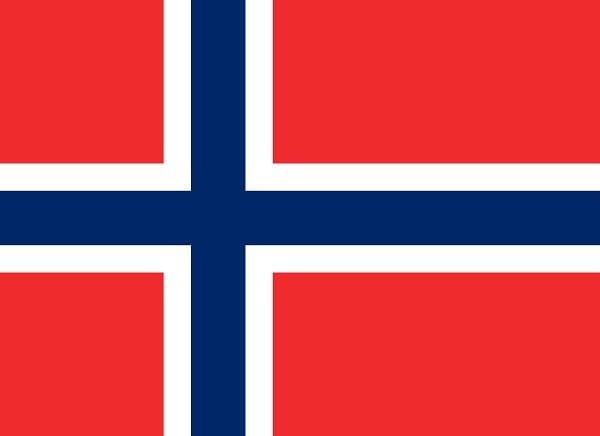Norway declared the happiest country, ranking problematic

If you want to be happy, move to Norway.
The World Happiness Report is an annual survey on the state of happiness throughout the world on a country by country basis. Sustainable Development Solutions Network, a commission created by the U.N., released their 2017 report on March 20 in honor of World Happiness Day. This year, Norway has ousted Denmark for the number one spot in the rankings.
The study uses the variables of generosity, freedom to make life choices, having someone to count on and absence of corruption to measure overall happiness in a country.
According to Associate Professor of Psychology Sarah Estow, this fits with a general definition of happiness.
“There are lots of different definitions (for happiness), but one general one is a freedom from uncertainty and insecurity and the freedom to pursue goals unimpeded by circumstance,” she said in an email interview.
The report can provide incentive for development and may be bragging rights for certain highly-ranked countries. It also encourages a global conversation about improving happiness for all.
Norwegian Prime Minister Erna Solberg wrote on Facebook that, even with this ranking, Norway is still focused on improving the quality of life for their citizens, especially in the areas of mental health care and child care.
One glaring aspect of the report is that the top ranks are filled by European countries while countries from other continents, particularly Africa, are generally ranked lower.
“Africa’s lower levels of happiness compared to other countries in the world might be attributed to this disappointment with different aspects of development under democracy,” the report stated in its chapter on Africa. “Although most citizens still believe that democracy is the best political system, they are critical of good governance in their countries.”
However, the report also points to how its measurement of happiness could be part of the issue.
“Measures of subjective well-being, other than Gallup World Poll ones, have, on occasion, ranked African countries such as Ghana and Nigeria among the happiest in the world,” the report stated.
One important aspect of the SDSN report is that it does not just consider wealth and economic development to determine happiness. For instance, China ranks 79th this year and has been low in the rankings in years past.
The U.S. has seen declining happiness ratings since the report began, this year ranking 14th, behind Austria and above Ireland. The report suggests that a low gap between rich and poor, and not overall wealth, creates more average happiness.
According to Ed Diener, a psychologist known for his research on happiness, social relationships are far more important than other factors for affecting happiness.
“External conditions do little to change one’s happiness,” wrote Diener on his website, The Pursuit of Happiness. “After a certain threshold, there seems to be no correlation between income and happiness.”
At the end of the day, is a global happiness ranking even useful?
“I think the reports can be used for tourism and also self-reflection,” said Estow. “I don’t see anything wrong with doing more research, but because of the cross-cultural nature of the research, the findings may not be particularly useful.”








